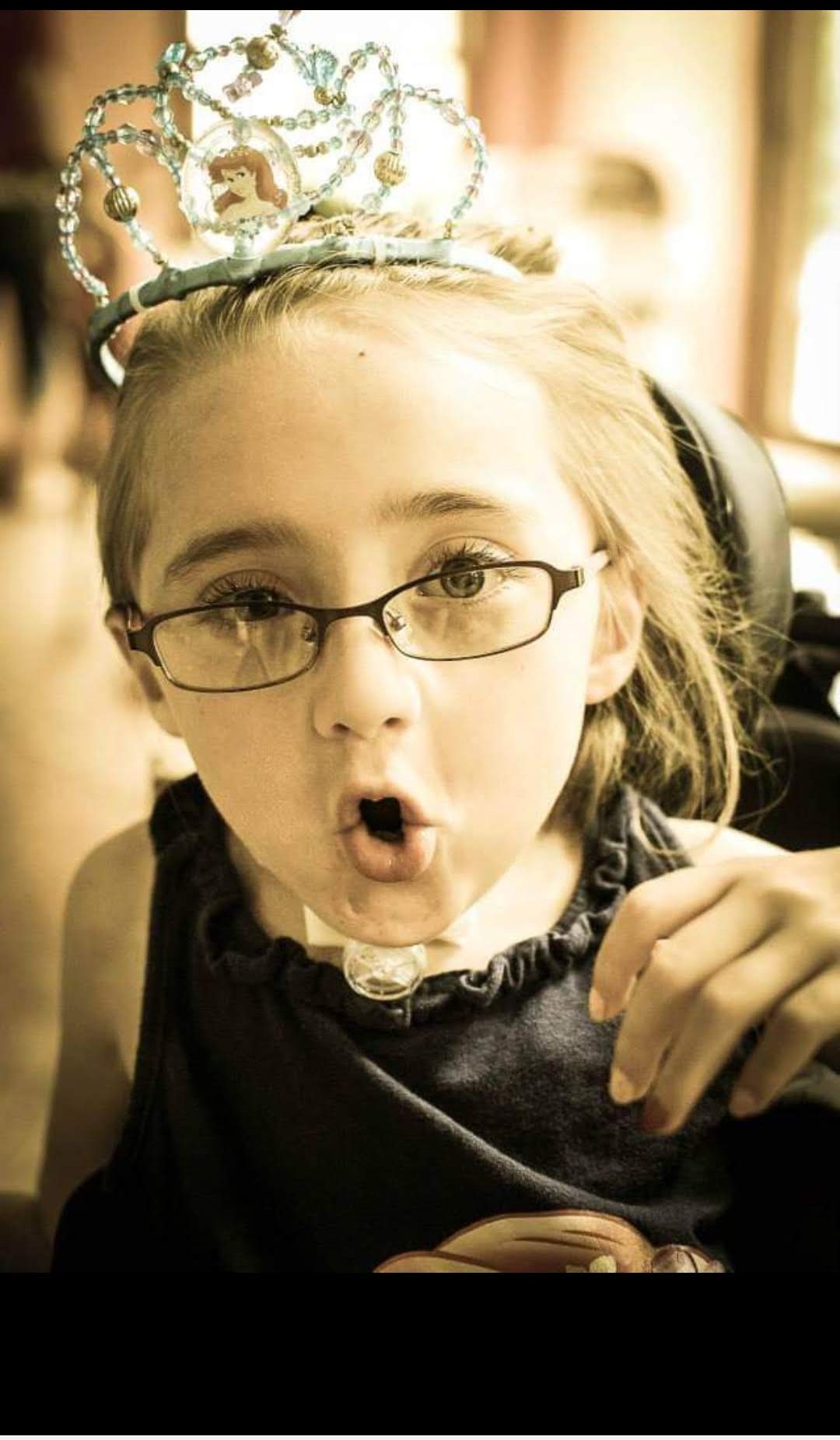
From Grief to Guidance: How Ava Led Me to Coaching
Grief is uncomfortable. It’s messy, unpredictable, and has this way of making people really awkward. The truth is, there’s no perfect thing to say, no magical way to “fix” loss. But grief isn’t about having the right words—it’s about showing up. It’s about sitting with the discomfort, being present, and understanding that sometimes, the best thing you can do is simply be there.
I learned this the hard way when my world shattered. When I lost my daughter Ava, I didn’t just lose my child—I lost the force of nature that she was. Ava was 11 years old, a quadriplegic, and vent-dependent, but she never let those things define her. She had dreams, goals, and a personality big enough to fill any room. She was going to be a fashion designer, and if you ever saw her decked out in bling, pearl jeans, clip-on earrings, and her signature tiger-print poncho, you’d know she had style in her soul. She made sure people saw her—not her wheelchair, not her limitations, just her.
Grief, in many ways, is the same. It’s easy to let it define you, to feel swallowed whole by the pain. But just like Ava refused to let her circumstances dictate her life, I realized I couldn’t let grief be the thing that dictated mine.
Then, suddenly, she was gone.
Grief is a strange thing. One minute, you’re just living your life, and the next, the world splits in two—before and after. When I lost Ava, I didn’t just lose my daughter. I lost the person who taught me what it meant to be strong, to be bold, to be fully alive. I lost the girl who, despite everything, made sure I never took life for granted. And honestly? The world felt unbearable without her.
People don’t tell you that grief is absurd sometimes. That you’ll cry in the grocery store because someone’s kid is having a tantrum over cereal and you miss tantrums. That you’ll hear a random voice command and instinctively think, Ava? That well-meaning people will say things like, “She’s in a better place,” and you’ll have to resist the urge to roll your eyes and say something that you may regret later.
So how did I end up here, as a grief coach? Because eventually, I realized that grief wasn’t just about pain—it was also about love. The kind of love that doesn’t go away, even when the person does. Ava’s light didn’t vanish. It changed. And I knew that if she were here, she wouldn’t want me drowning in sorrow. She’d want me living. She’d want me helping others live, too.
That’s what grief coaching is for me—helping people find their way through the darkness, helping them remember that even in loss, love remains. Ava showed me that. She still shows me that.
So if you’re grieving, just know this: There’s no “right” way to do it. You can cry. You can laugh. You can bedazzle your way through it, for all I care. Just don’t ever let anyone tell you that your grief has an expiration date. And if you ever need someone to walk this road with you, I’m here.
And I think Ava would approve.
